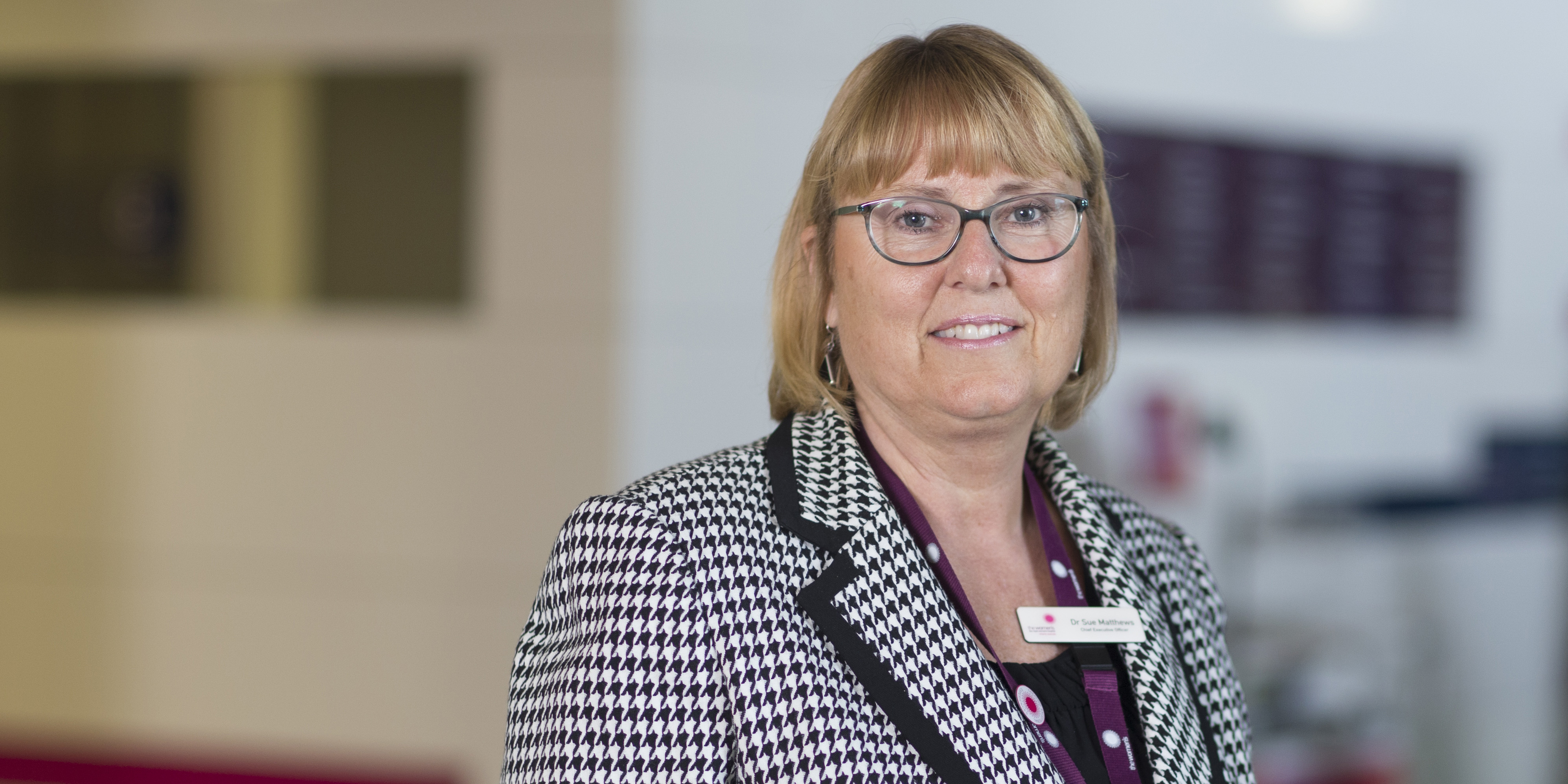
Victoria leads the way in preventing family violence, but where does this leave the rest of Australia?
It’s safe to say that the country’s health sector has the issue of family violence on its radar.
As health professionals, we know too well that intimate partner violence is the leading preventable contributor of death, injury and illness in women aged 18-44.
For us at the Royal Women’s Hospital, one of Victoria’s leading public hospitals, violence against women – identifying and responding to it – is certainly front and centre of our work.
As I write, there are international campaigns, such as 16 Days and Orange The World finishing up – they’ve done a great job in bringing family violence into public and political consciousness. Awareness and understanding is essential in raising the profile of this issue. But it’s practical actions that prevent family violence and support women experiencing it, and they need to be happening 365 days a year.
But what does this action look like and are we, the health sector, doing enough?
Victoria has benefited from a $38.4m State Government investment to train hospital staff across the state to identify and support victims of family violence. This has led to a state-wide program involving 88 hospitals and healthcare services - led by the Women’s and Bendigo Health - and thousands of healthcare workers. At our hospital, we have rolled out training and resources to help staff pick up on the subtle signs or symptoms of family violence; how to ask about family violence, and what to do when the answer is ‘yes, I need help’ or even ‘yes, and I’m okay’.
Healthcare workers are in a unique position to make a difference. A disclosure at hospital could be the only time a woman feels safe enough to reach out and ask for support. But if that opportunity is wasted, then we, as a health system, have failed.
So as health professionals, we no longer sit and wait for women to disclose experiences of family violence - we’ve learnt that a proactive approach is needed.
Our maternity clinic sees 9,000 pregnant women every year. Now, at their first appointment, every woman is provided with a questionnaire followed by dedicated consultation time during their antenatal appointment for a safe and private conversation with a trained midwife or doctor. What may seem like a simple, albeit quite stark conversation to many women is, for some, a vital opportunity to finally talk about women’s experience of family violence.
Research shows that if family violence already exists, it is likely to increase in severity during pregnancy. And while it has physical, emotional and mental health impacts on the woman, it also impacts her pregnancy, with higher risks of birth complications, miscarriage, low birth weight and premature birth, and long-term effects on the unborn child.
We’ve looked at data taken during the eight-week trial of our antenatal screening pilot and we were very encouraged to see that over 90 per cent of women filled out the questionnaire. Of these, 6 per cent disclosed experience of family violence – either on the form or afterwards – and as a result, they were offered support during their pregnancy and beyond.
Antenatal screening is now standard practice at the Women’s, both at Parkville and Sandringham. It has taken substantial investment from the Victorian State Government and the effort and commitment of hundreds of family violence experts, researchers, midwives and sector workers to design and implement an evidence-based system that includes appropriate tools, training and resources. And of course, it has also taken a Royal Commission to make it happen.
But again I ask, are we doing enough?
I’m afraid that until we have eradicated family violence and the damage it is having on women, children and families, the answer has to be ‘no’. In Victoria, we do have a number of models that show promise, and the government has certainly demonstrated its very serious commitment.
But the scourge of family violence isn’t affected by borders or political jurisdictions – we need a national solution for a national problem. As a former sexual assault nurse and a passionate advocate for women’s health, this is my sincere wish - for the women in violent relationships, for the victim-survivors and in honour of the women who have lost their lives to family violence. And for the healthcare professionals that are caring for these women every day.
Dr Sue Matthews is the CEO of the Royal Women’s Hospital. The Women’s leads the Strengthening Hospital Response to Family Violence program, which supports 88 hospitals and health services across Victoria in responding to disclosures of family violence experience made by patients and staff.